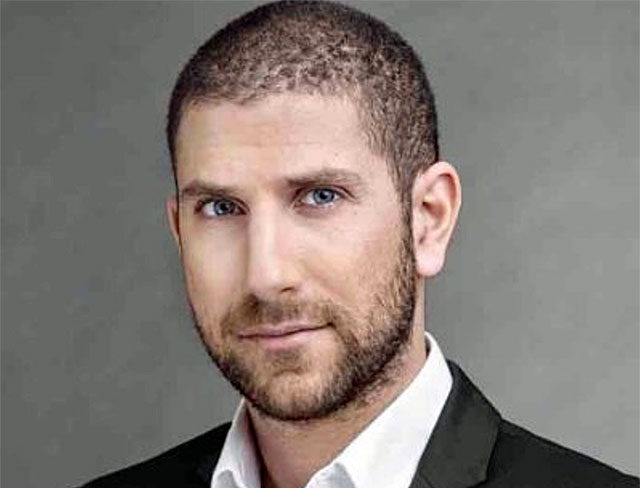Carbyne, a multinational company providing emergency calling services across the globe, has positioned itself as the distributors of near-future technology that easily integrates into the existing systems that emergency services already use – have officially launched into the U.S. market today.
With state-of-the-art indoor and outdoor location technology, streaming video calling, and call prioritization Reporty, distributed by Carbyne, is set to be 9-1-1’s most important upgrade in more than 40 years.
(Reporty will bring our clients and users into the next generation of communication between the public and those that have sworn an oath to help them. Reporty is designed to be the global standard for event reporting. Courtesy of Reporty and YouTube)
Touting their rollout internationally, and the significant drop in response times and improvements in citizen-government communication, Carbyne President Amir Elichai pointed out the differences between Carbyne’s offering and their competitors.
“Unlike others out there we are deeply embedded within the current infrastructure of the Public Safety Answering Points (PSAPs), we’re working with the 9-1-1 emergency services community to ensure that all of the technology they’re using today can be used with Reporty,” Elichai said.

“PSAPs don’t have to throw away all of their hardware just for this new system and we easily upgrade them to the smartphone age.”
Showing off the consumer application and demonstrating how a video call went through to the PSAP, Elichai spoke extensively about the importance of instant location.
“We’re no longer bidding and re-bidding cell phone providers for a triangulation,” said Elichai. “The very second that someone makes a Reporty call, they’re instantly located.”
Elichai spoke at length about the importance of video calling for call-takers, from gathering information about the scene to ensuring medical advice was being followed correctly, and how it was shortening dispatch times by up to 50%.
“In Israel, we’ve seen the dispatch times slashed since MDA, the national EMS service, began using Reporty last year. It was almost instantaneous.”
“The issues surrounding 9-1-1 technology, such as cellular location problems and long call processing times, have really come to the forefront over the past 12 months.”

“There’s no reason that I should be able to order an Uber faster than I can get a response from the police.”
While Elichai was quick to deflect blame for slow response times from dispatchers or police officers, he did mention that innovation and technological advancement should be at the forefront of the public safety field but insure that there is adherence to a rigorous and necessary vetting process or established standards.
“We absolutely support NENA and APCO’s call for standards,” said Elichai and pointed to their nationwide rollout in Israel that included significant negotiations with State regulatory bodies.
“Standards are the foundation for the public safety space and failure to create and enforce standards across the spectrum means that public safety can be endangered due to the litany of apps that promise but don’t deliver.”

Elichai pointed to the deployment of Reporty in both Israel and other countries of how crucial standards were for public safety. It is also important to understand that standards can impede innovation which is why caution must be used during standards development.
“For us,” Elichai said, “innovation is what drives us and makes our product so groundbreaking.”
“We know that technology is constantly evolving and every sector, public and private, needs to understand that one can be vigilant but also tolerant of new ideas and technologies.”
“We’re looking forward to America experiencing Reporty.”
“We exist to save lives and we’re going to help citizens connect with the governments, emergency services, and within the private sector.”
















